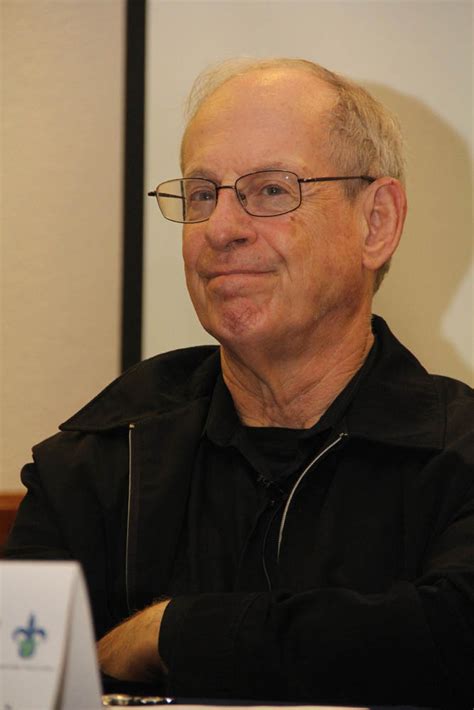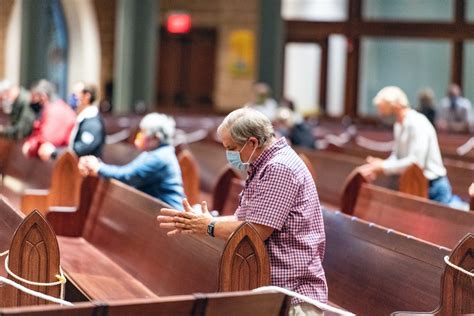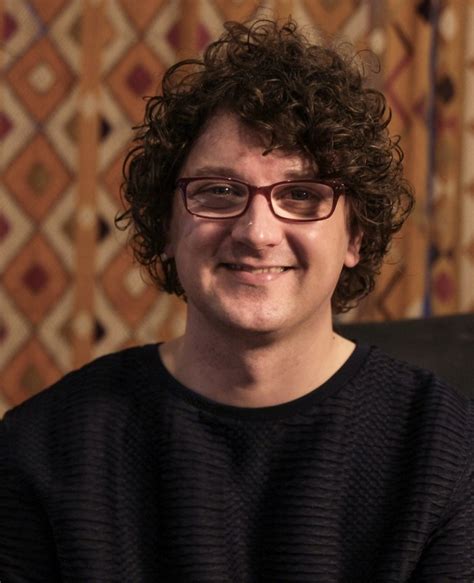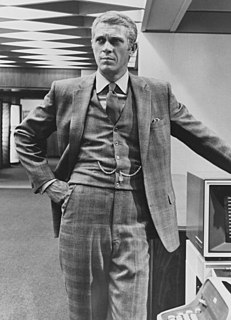A Quote by Chuck Palahniuk
They're just words is all. Powerless. Vocabulary. Dialogue.
Quote Topics
Related Quotes
To be functionally fluent in a language, for instance, in most cases you need about 1,200 words. To acquire a total of vocabulary words, if you really train someone well they can acquire 200 to 300 words a day, which means that in a week they can acquire the vocabulary necessary to speak a language.
A man with a scant vocabulary will almost certainly be a weak thinker. The richer and more copious one's vocabulary and the greater one's awareness of fine distinctions and subtle nuances of meaning, the more fertile and precise is likely to be one's thinking. Knowledge of things and knowledge of the words for them grow together. If you do not know the words, you can hardly know the thing.
I’m not too keen on talking. I always have the feeling that the words are getting away from me, escaping and scattering. It’s not to do with vocabulary or meanings, because I know quite a lot of words, but when I come out with them they get confused and scattered. That’s why I avoid stories and speeches and just stick to answering the questions I’m asked. All the extra words, the overflow, I keep to myself, the words that I silently multiply to get close to the truth.
Even the way Mamet describes silences within his plays is different. There are pauses; there are pauses within parentheses; there are pauses before dialogue; there are pauses in the spaces between the dialogue - there's this extraordinary vocabulary of silence which is all there on the page, mapped out.
One citizen, or a few, may be powerless if all the rest are determined to benefit from the imposition of unjust supranational rules. But this excuse cannot work for large numbers. Just imagine 10 million US citizens saying in unison: "I am just one powerless citizen. There is nothing I can do to change my government's policies!"







































